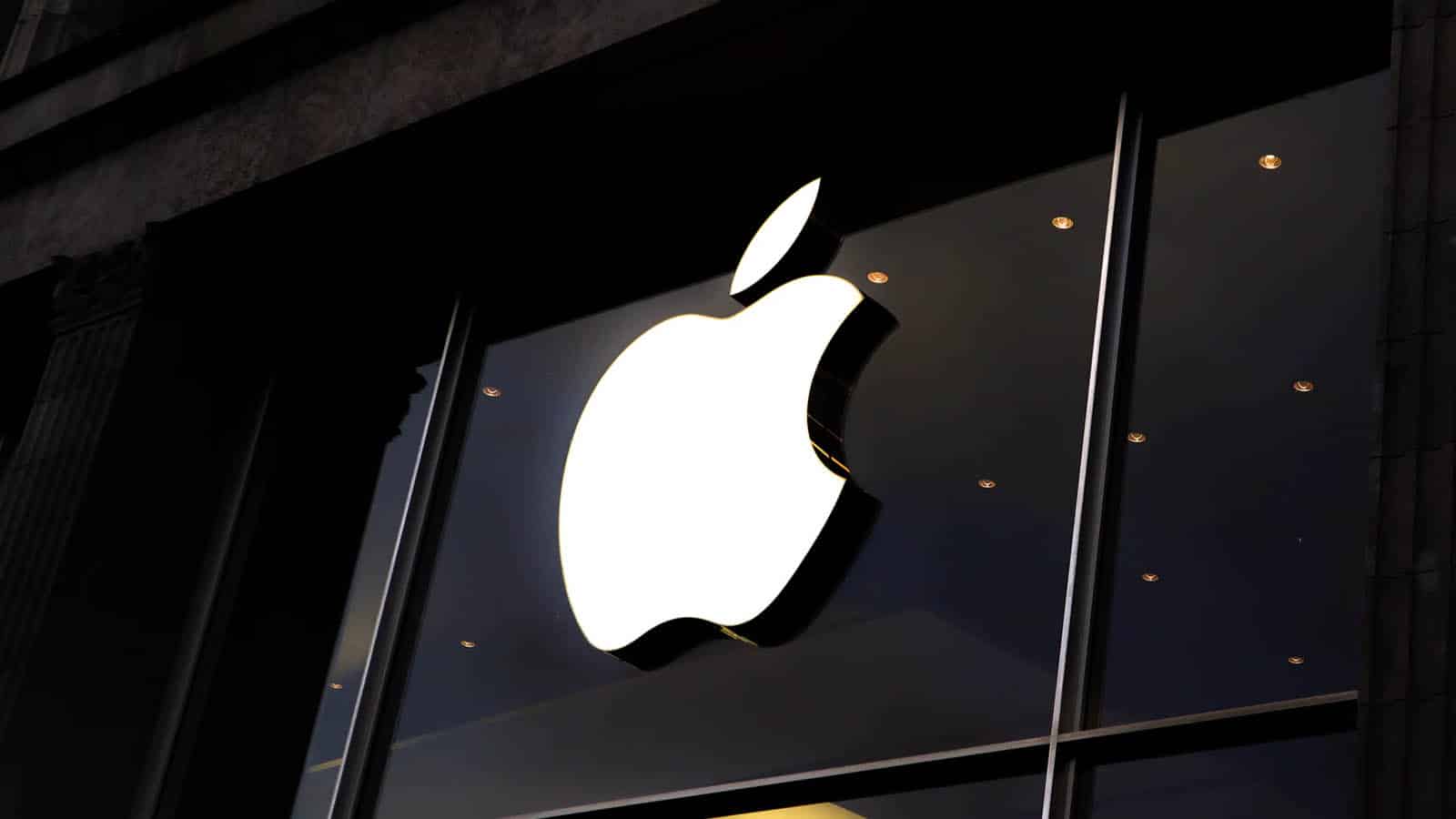Apple
The US government and FBI are pissed at Apple for not coughing up access to a terrorist’s iPhones
Apple’s response is right on the money.

Just a heads up, if you buy something through our links, we may get a small share of the sale. It’s one of the ways we keep the lights on here. Click here for more.
William Barr, professional puppet and US Attorney General, is mad at Apple for not helping the FBI and other government agencies unlock the iPhones associated with the December shooting at the Pensacola Naval Air Station.
Announced this week, the iPhones that were present during the attack have now been accessed by the FBI, but Barr wanted to make sure everyone knows that he believes Apple should be more compliant with helping our government in cases like this. To be clear, Apple provided iCloud information, account information, and more, but did not provide any assistance with the physical devices, as the encryption used has no “magical” key for unlocking. If it did, well, then it just wouldn’t be very secure now, would it?
“Thanks to the great work of the FBI – and no thanks to Apple – we were able to unlock Alshamrani’s phones,” said Attorney General Barr. Here’s the thing, though. That’s not Apple’s responsibility. Apple’s responsibility lies with its customers and their privacy. While there is an entirely different conversation to be had on data and how smartphones are basically self-imposed tracking devices, this does nothing but solidify the fact that it should not be easily accessed.
Barr believes that our government should have more control over our privacy, which is, quite frankly, laughable. “Apple’s decision has dangerous consequences for the public safety and the national security and is, in my judgement, unacceptable,” Barr said. Continuing, he states, “There is no reason why companies like Apple cannot design their consumer products and apps to allow for court-authorized access by law enforcement, while maintaining very high standards of data security”
Apple has responded to the matter, stating in part, “It is because we take our responsibility to national security so seriously that we do not believe in the creation of a backdoor — one which will make every device vulnerable to bad actors who threaten our national security and the data security of our customers. There is no such thing as a backdoor just for the good guys, and the American people do not have to choose between weakening encryption and effective investigations.”
On a personal note, I do not need my government to tell me how my privacy should be protected. I vote with my wallet in this case. If I want an iPhone and its encryption levels, then that is my right. I also feel no remorse for a government agency that has to do their job, regardless of how “tough” it is.
What do you think? Should the US government have easier access to our physical smartphone data? Let us know down below in the comments or carry the discussion over to our Twitter or Facebook.
Editors’ Recommendations:
- A new leak shines light on Apple’s mysterious AR glasses – $499, wireless charging, and more
- After two months of closures, Apple is looking to reopen its stores with additional guidelines
- Patriot Act renewal now allows the FBI to access your browser history without a warrant
- France is trialing facial recognition tech that checks if people are wearing face masks
































